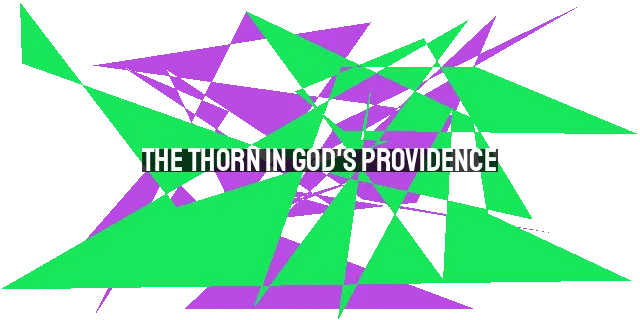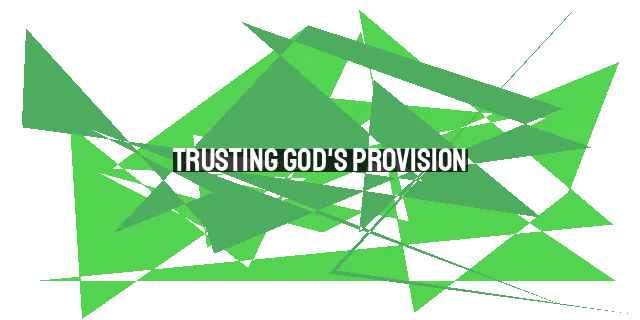Understanding Forgive Us Our Debts in the Lord's Prayer
What Does "Forgive Us Our Debts" Mean?
When we pray the Lord’s Prayer, we usually recite it from memory without giving much thought to the words we’re saying. But have you ever stopped to wonder what Jesus meant when he taught us to ask God to “forgive us our debts, as we also have forgiven our debtors”?
At first glance, this phrase may seem straightforward enough. After all, we all know what it means to owe someone a debt, right? But as with many things in the Bible, there’s often more going on beneath the surface than meets the eye. So let’s take a closer look at this phrase and see what we can learn about forgiveness, sin, and our relationship with God.
What Are Debts?
First of all, let’s talk about what a debt actually is. When we think of debts, we usually think of financial obligations — money that we owe to someone else. And while it’s true that owing money is one kind of debt, it’s not the only kind.
In fact, the Greek word that Jesus used in the Lord’s Prayer — opheilēma — has a much broader meaning. It can refer to any kind of obligation or debt, whether it’s financial, moral, or spiritual. So when we ask God to forgive us our debts, we’re not just talking about money. We’re talking about anything that we owe to God or to other people.
What Does It Mean to Be Forgiven?
Now that we know what debts are, let’s talk about forgiveness. What does it mean to be forgiven? At its core, forgiveness is about canceling a debt. When someone forgives us, they’re essentially saying, “You don’t owe me anything anymore. I’m letting go of what you owe me.”
And that’s exactly what God does when he forgives us. When we sin — when we do something that goes against God’s will — we create a debt between ourselves and God. We owe him something that we can’t pay back on our own. But when we ask God to forgive us, he cancels that debt. He says, “You don’t owe me anything anymore. I’m letting go of what you owe me.”
Of course, that doesn’t mean that there aren’t consequences for our sin. Sometimes we still have to deal with the fallout of our actions, even if God has forgiven us. But when we ask for forgiveness, we can trust that God has canceled our debt and restored our relationship with him.
What About Our Debts to Others?
So far, we’ve been talking about our debts to God. But what about our debts to other people? Jesus makes it clear in the Lord’s Prayer that we’re not just asking God to forgive us; we’re also asking him to forgive us “as we also have forgiven our debtors.” In other words, we’re acknowledging that we have debts to other people that need to be forgiven as well.
This is an important point, because it reminds us that our relationship with God is intimately connected to our relationships with other people. When we sin against someone else — when we hurt them, lie to them, or betray them in some way — we create a debt between ourselves and that person. And just as God has forgiven us, we’re called to forgive others when they sin against us.
This can be a difficult thing to do, especially when we’ve been deeply hurt by someone else’s actions. But just as God’s forgiveness is a gift that we don’t deserve, so too our forgiveness of others is a gift that we offer freely, without expecting anything in return. When we forgive, we’re saying, “You don’t owe me anything anymore. I’m letting go of what you owe me.”
What Does This Have to Do with Sin?
So far, we’ve been talking about forgiveness and debts. But what does all of this have to do with sin?
Well, sin is essentially a failure to live up to our obligations. When we sin, we create a debt between ourselves and God or between ourselves and other people. We owe something that we can’t pay back on our own. And just as we need God’s forgiveness to cancel our debt to him, so too we need to forgive others when they create a debt between themselves and us.
But there’s another side to this as well. When we sin, we not only create a debt; we also damage our relationship with God and with other people. Sin creates a rift between ourselves and the ones we’ve wronged. It’s like a wall that separates us from them.
But when we ask for forgiveness and offer forgiveness to others, that wall starts to come down. The debts that we owe are canceled, and our relationship with God and with other people is restored. Sin no longer has the power to keep us apart.
Conclusion
So what does it mean to pray, “Forgive us our debts, as we also have forgiven our debtors”? It means acknowledging that we owe something to God and to other people, and that we need forgiveness to cancel those debts. It means recognizing that forgiveness is a gift that we don’t deserve, but that we offer freely to others. And it means understanding that sin creates a debt and damages our relationships, but that forgiveness has the power to restore what was lost.
As we pray the Lord’s Prayer, let’s remember the depth of meaning behind these simple words. And let’s ask God to help us live lives that are characterized by forgiveness, both of ourselves and of others.



POST COMMENT
For post a new comment. You need to login first. Login
COMMENTS(0)
No Comment yet. Be the first :)